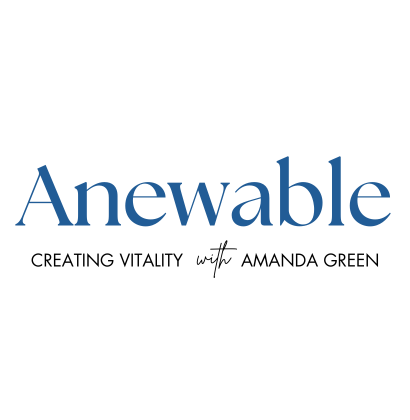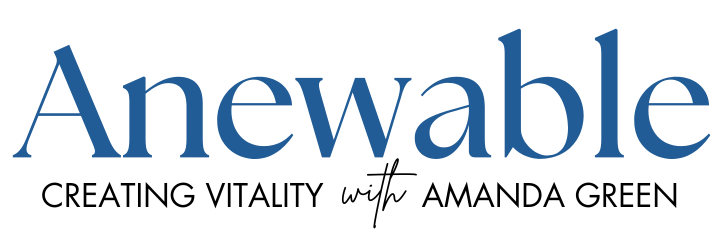- Home
- About
- Free Guides
-
Services
- Articles
- Contact
-
Shop
- All Products
- Active Elements Mineral Formulas
- Pick Me Up - Energy Support
-
Age Well
- Cleanse and Detox Support
- Digestive Support
-
Family
- Immune Support
-
Move Well
- Healthy Skin from Within
- Weight Support
-
Wellbeing
- Australian Bush Flower Sprays
- Herbal Remedies
-
Supplements
- Sunscreen
-
Shop By Brand
- Home
- About
- Free Guides
- Services
- Articles
- Contact
- Shop


